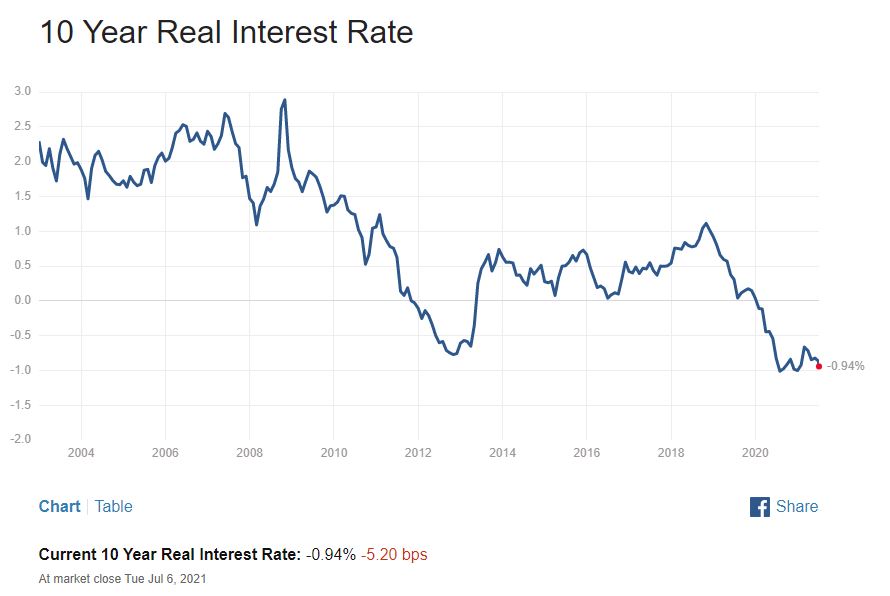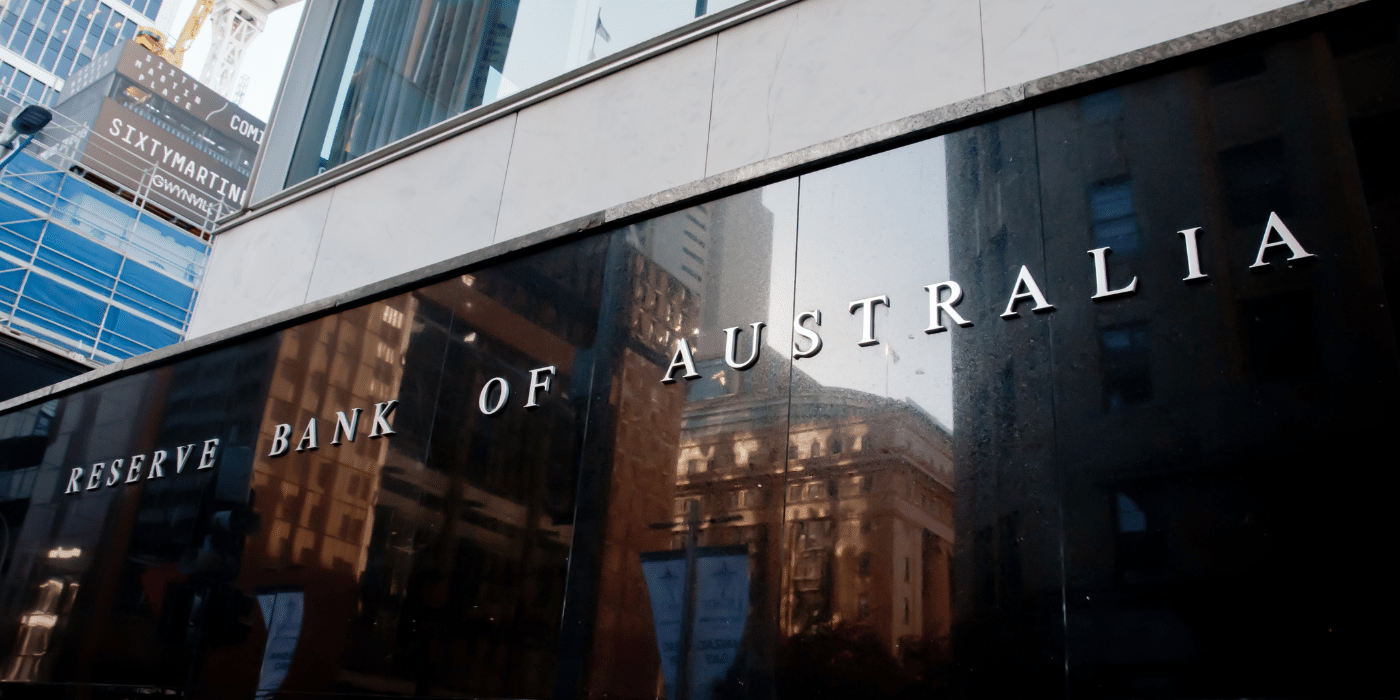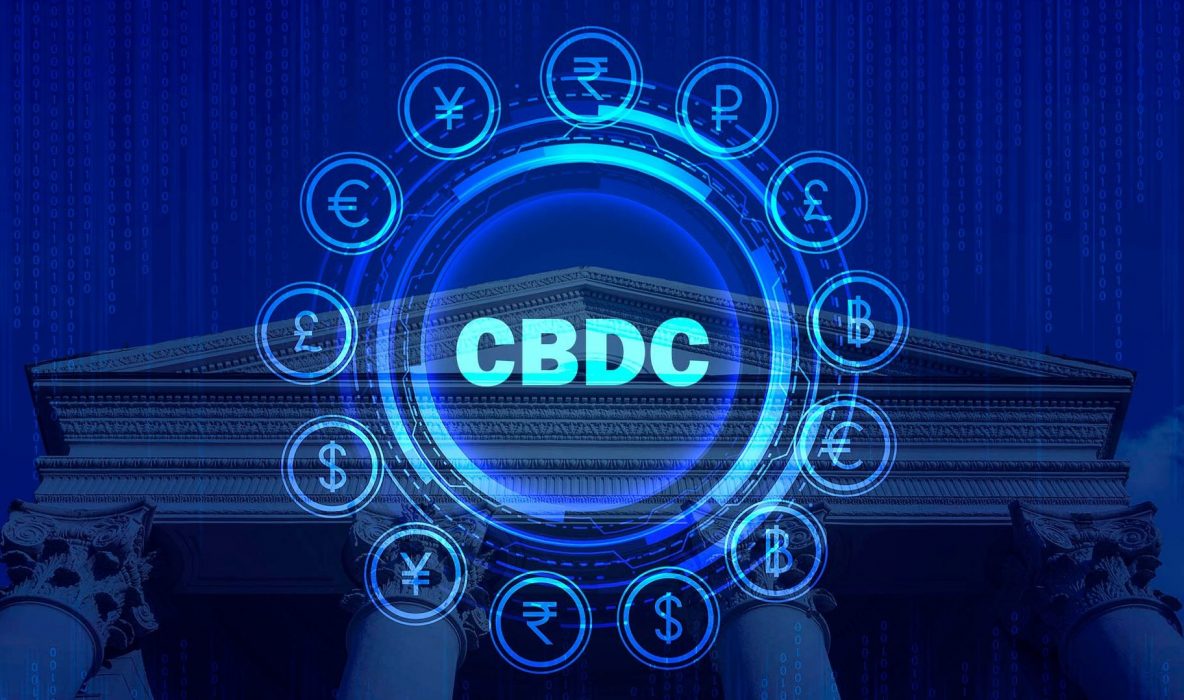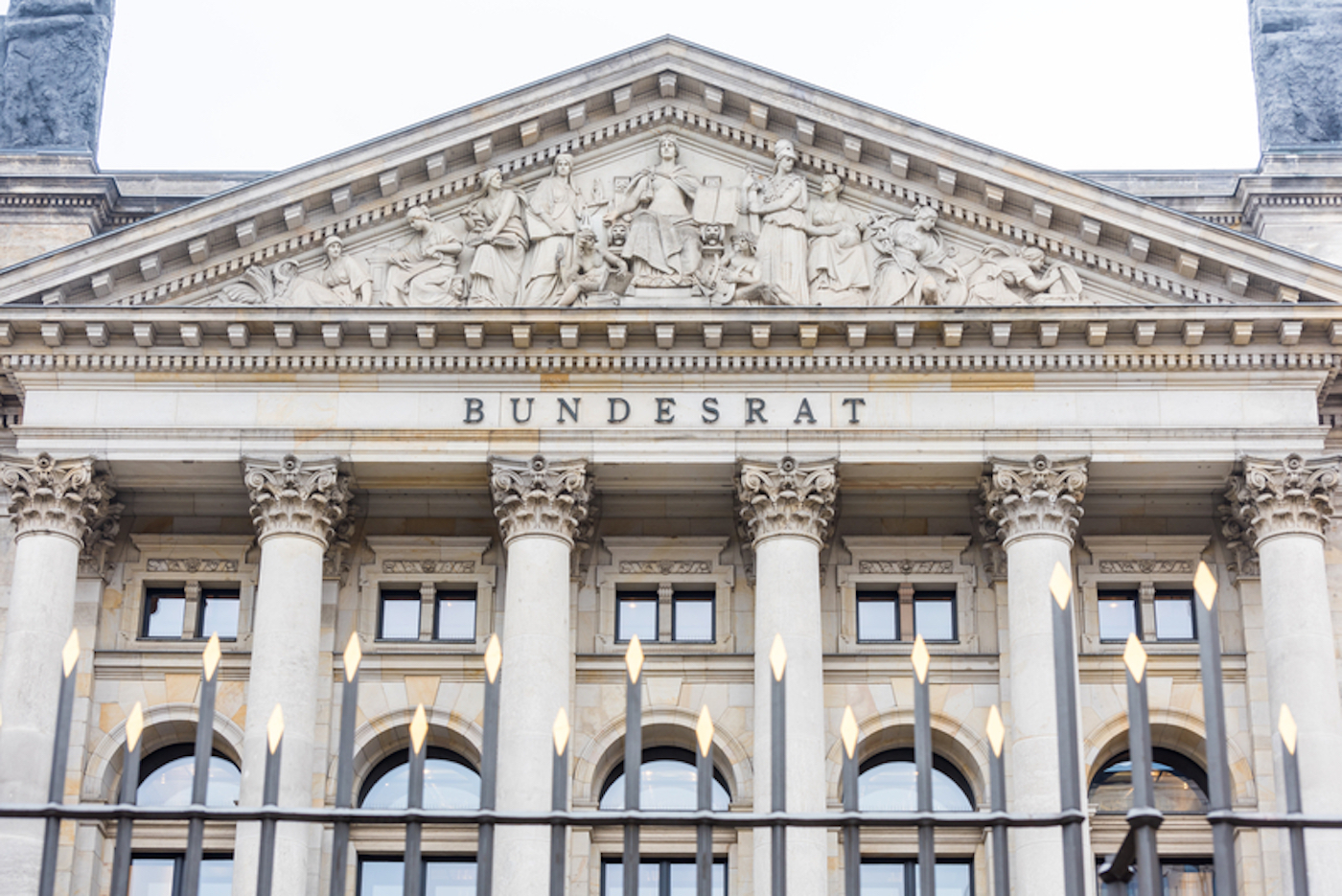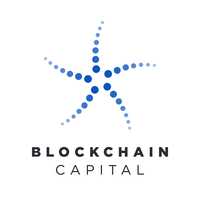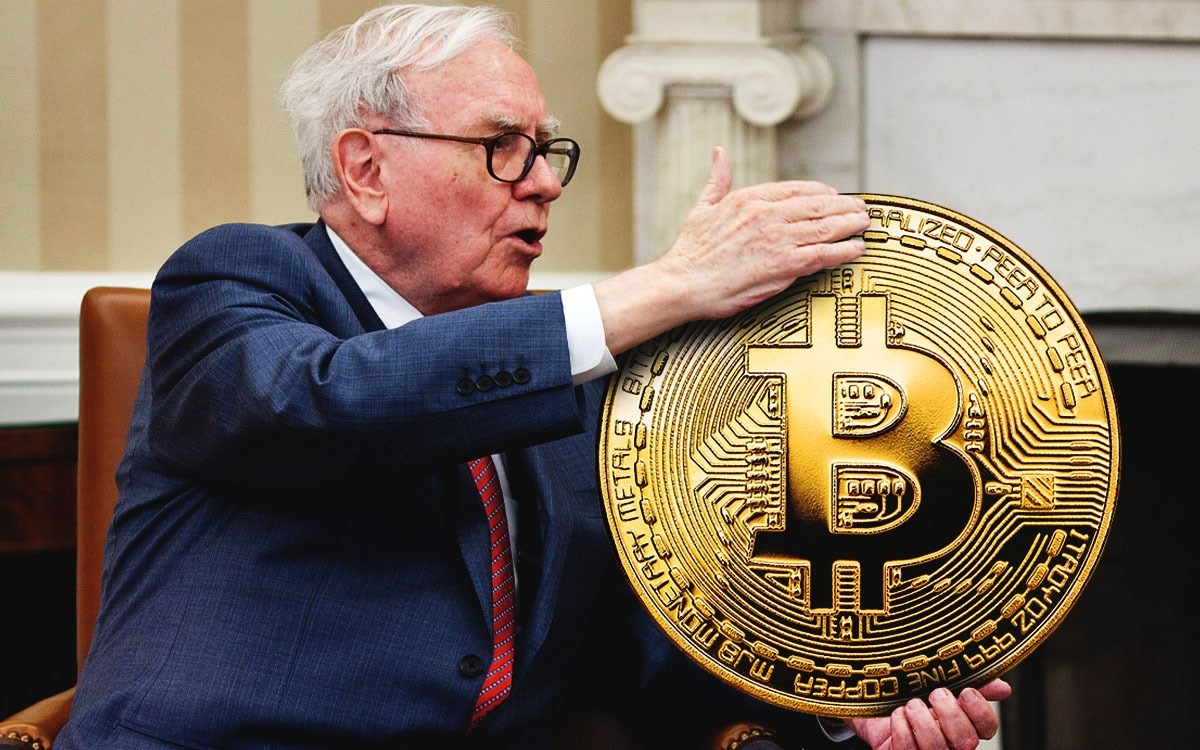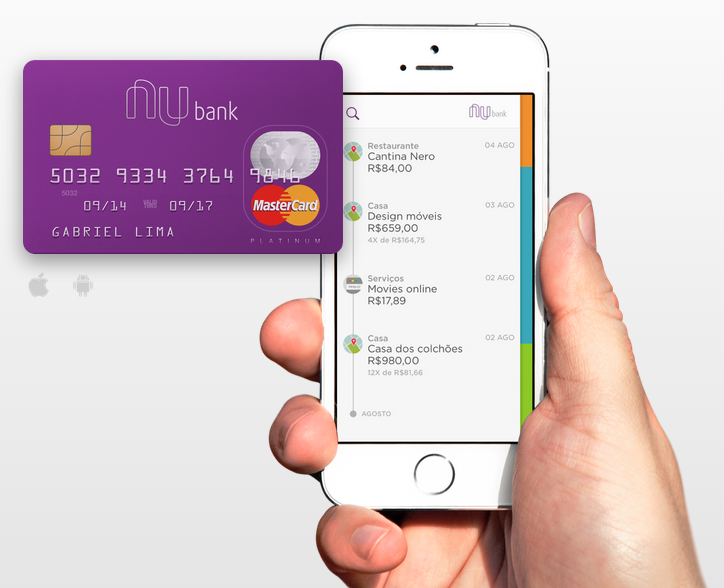Visa has announced it will partner with more than 50 leading crypto companies after reporting a successful first quarter of 2021, with over US$1 billion spent on crypto-linked Visa cards.
After working with industry-leading companies such as BlockFi, Coinbase and Crypto.Com, Visa plans more partnerships to facilitate conversions across 70 million merchants worldwide.
Merchants won’t have to accept cryptocurrencies as such, as the network will convert crypto transactions into fiat. As reported in March, Visa expanded its MCO cards in Australia via a global alliance with Crypto.com.
Cardholders Will Have the Option to Pay with Stablecoins
Visa outlined the “developer-friendly” features of stablecoins and how the market for these has grown to US$100 billion: “Stablecoins are starting to live up to the promise of digital fiat: the developer-friendly characteristics of cryptocurrency combined with the reliability of fiat-backed reserves.”
In a 2020 project, Visa worked on integrating the US Dollar Coin (USDC) into its network.
In the future, we also plan to allow cardholders to pay their balances using stablecoins. We are also working on giving cardholders the option to select how they would like to earn their rewards from any cryptocurrency that we support on BlockFi.
Visa blog post
Visa continues to support the cryptocurrency ecosystem because it foresees a sizeable market with potential use cases. “It’s clear that the crypto community sees value in linking digital currencies to Visa’s global network,” reads the blog post.
Visa Moves to Alleviate Cryptocurrency Concerns
However, Visa has faced numerous inquiries and concerns from investors and regulators about the perceived risks of digital assets. To alleviate these concerns, the payments giant has engaged with policymakers and global organisations to help promote a better concept of cryptocurrencies.
We are doing a lot to create an ecosystem that makes cryptocurrency more usable and more like any other currency. People are exploring ways in which they can use cryptocurrencies for things they would use normal currencies for. There are lots of issues in terms of volatility, etcetera. But that’s up to the owners of cryptocurrencies to manage and track.
Vasant Prabhu, chief financial officer, Visa
While it is bullish to help spread further adoption of cryptocurrencies, some in the DeFi and crypto community argue that a centralised institution holding and operating cryptoassets undermines the original ethos of crypto.



